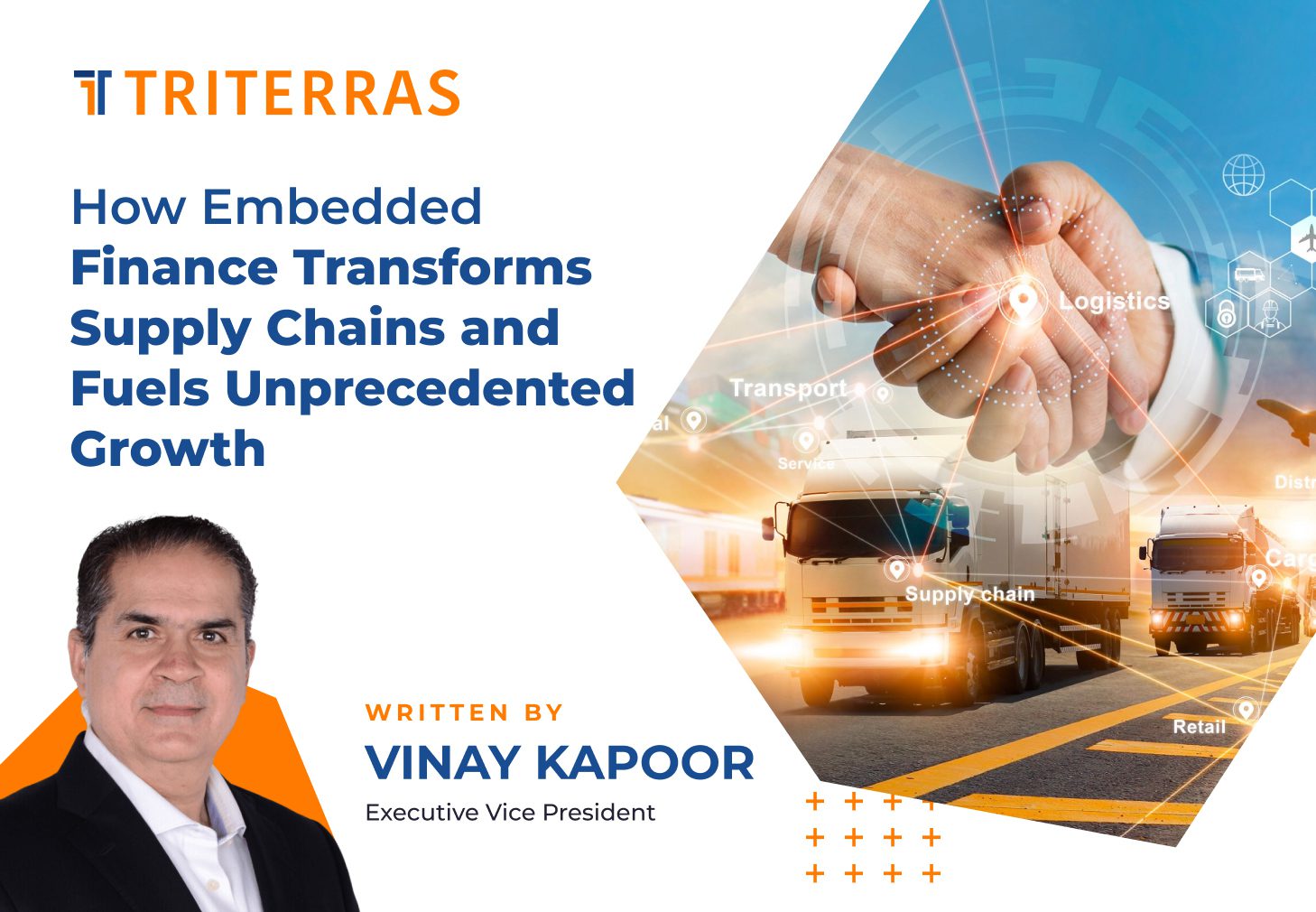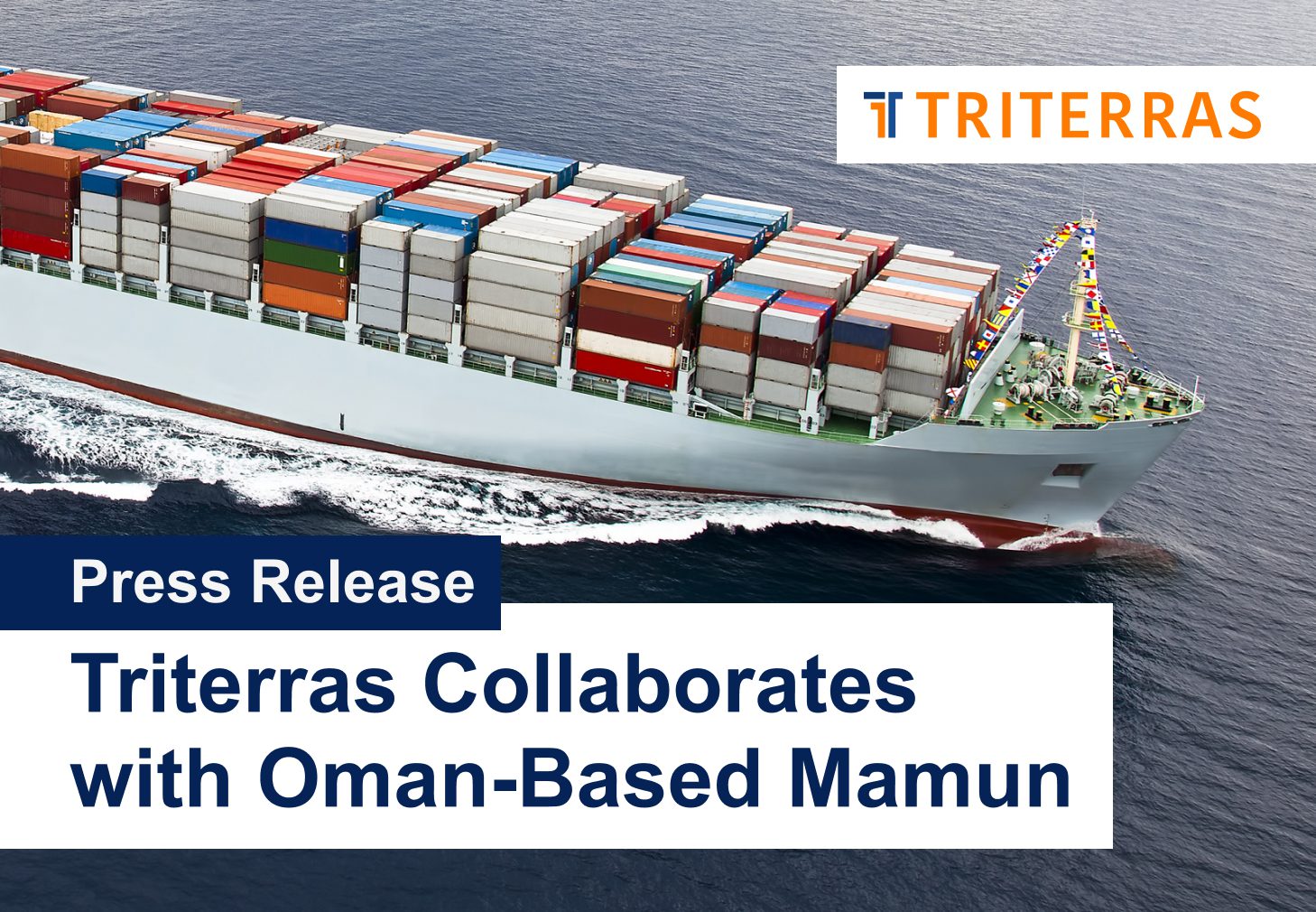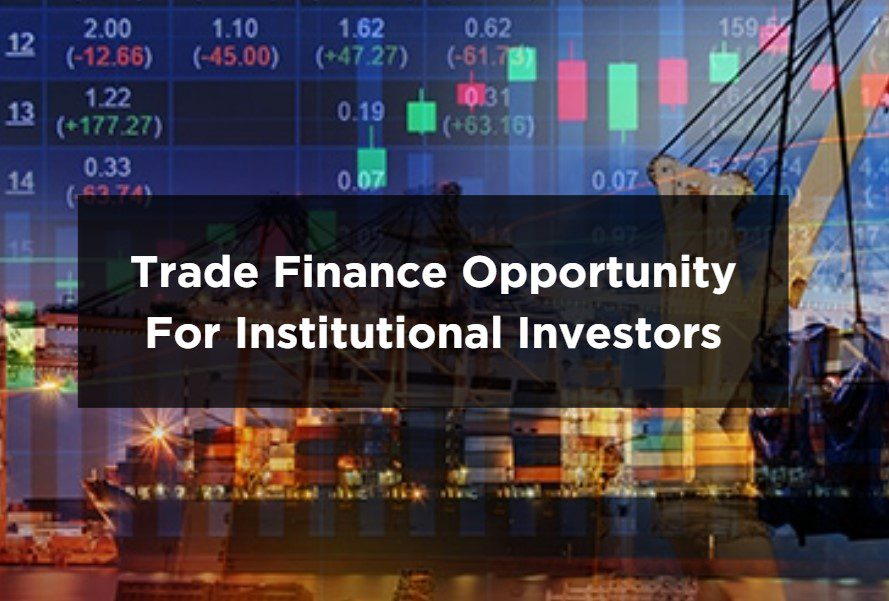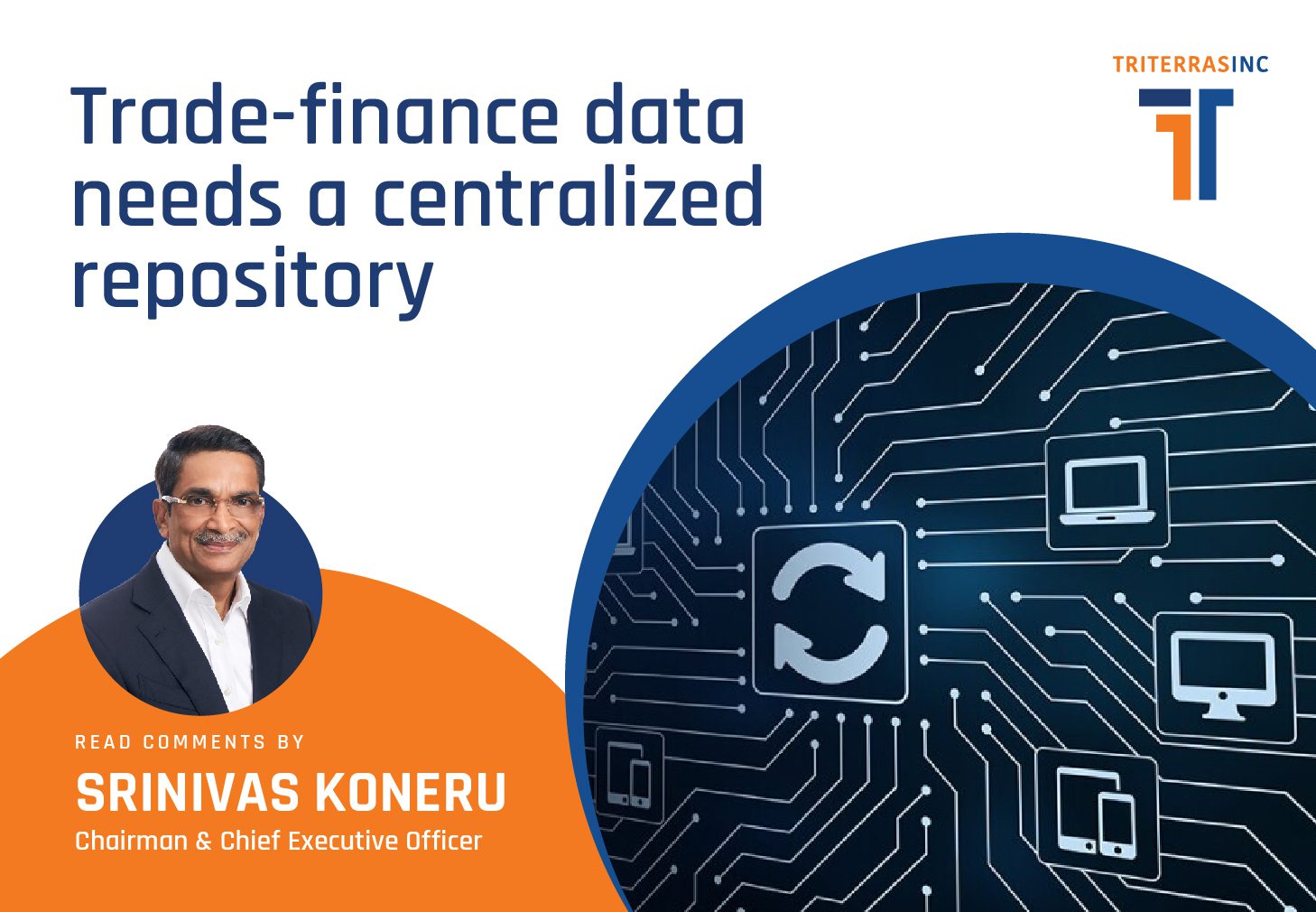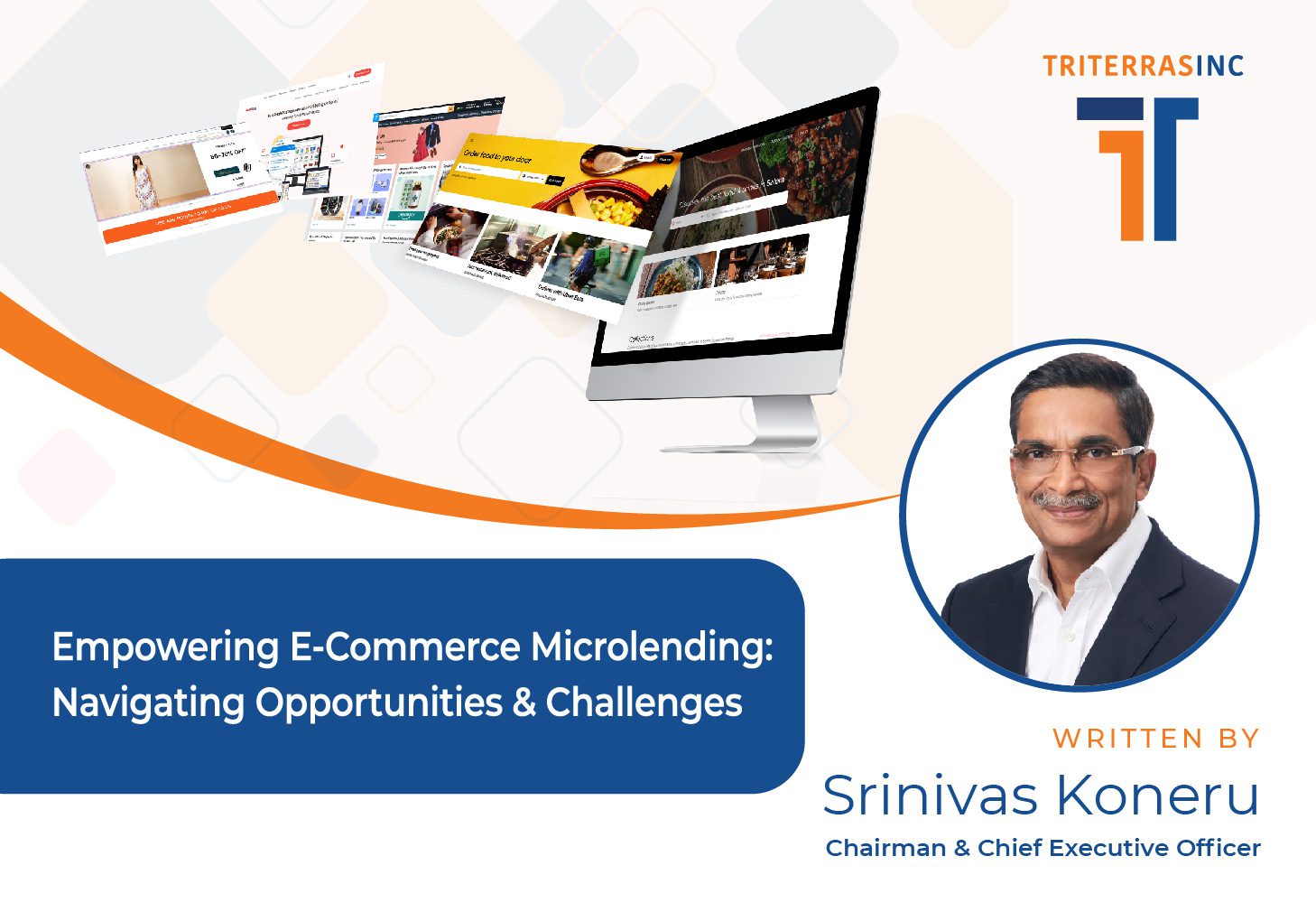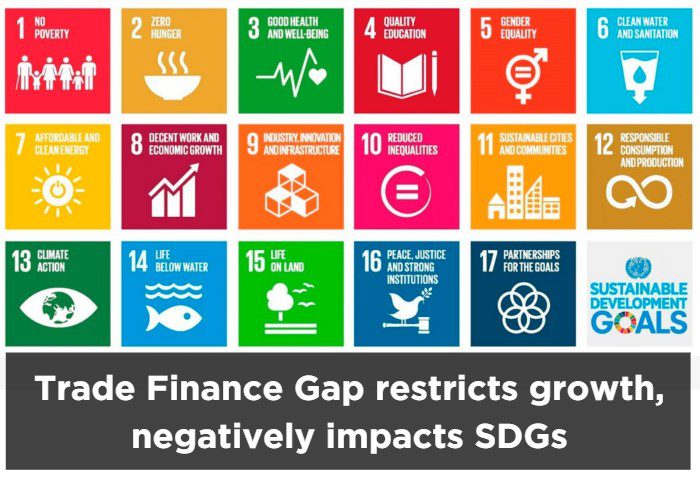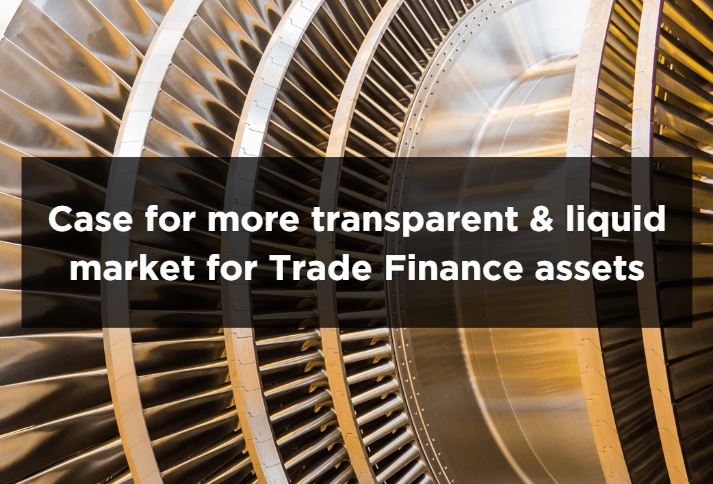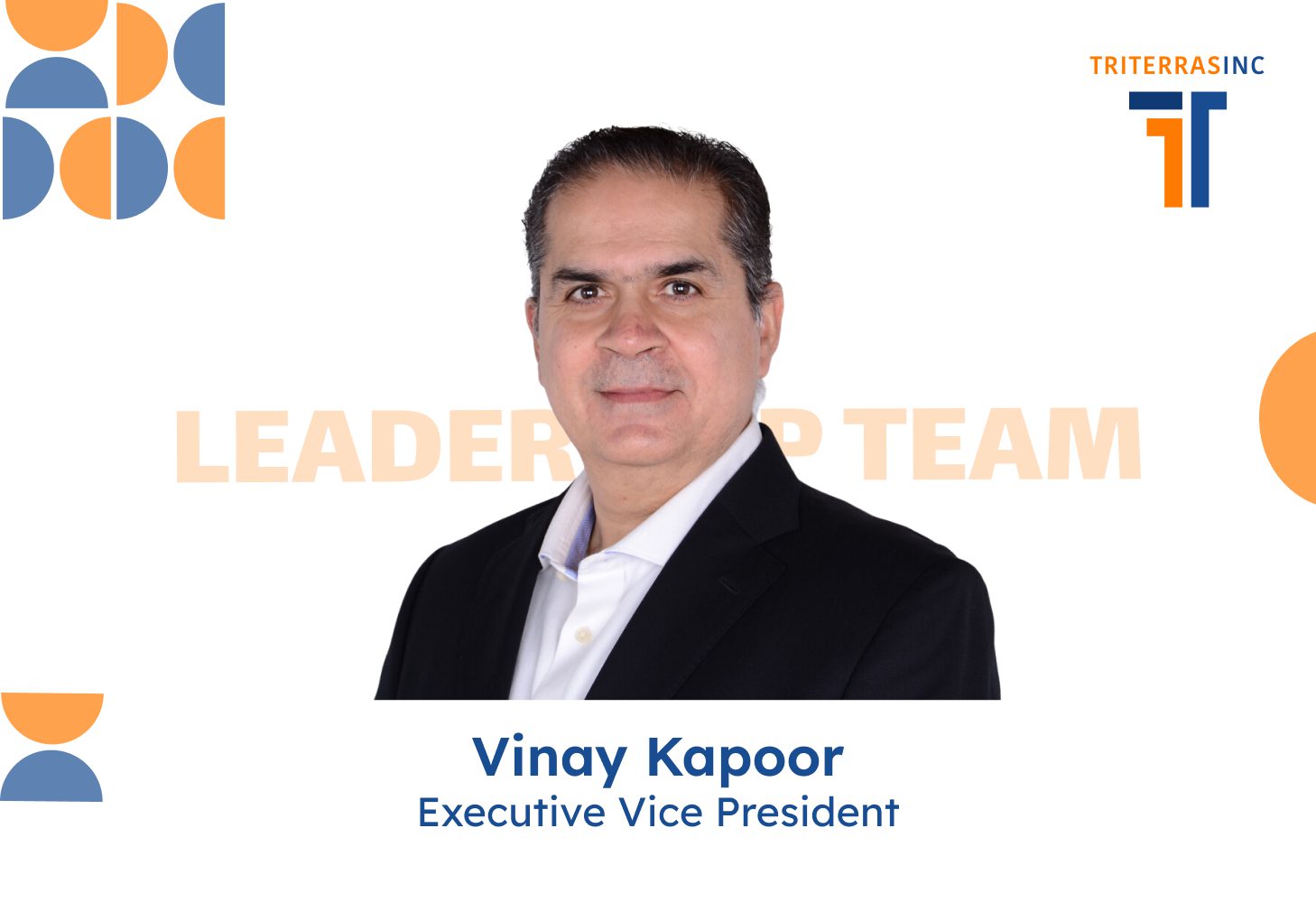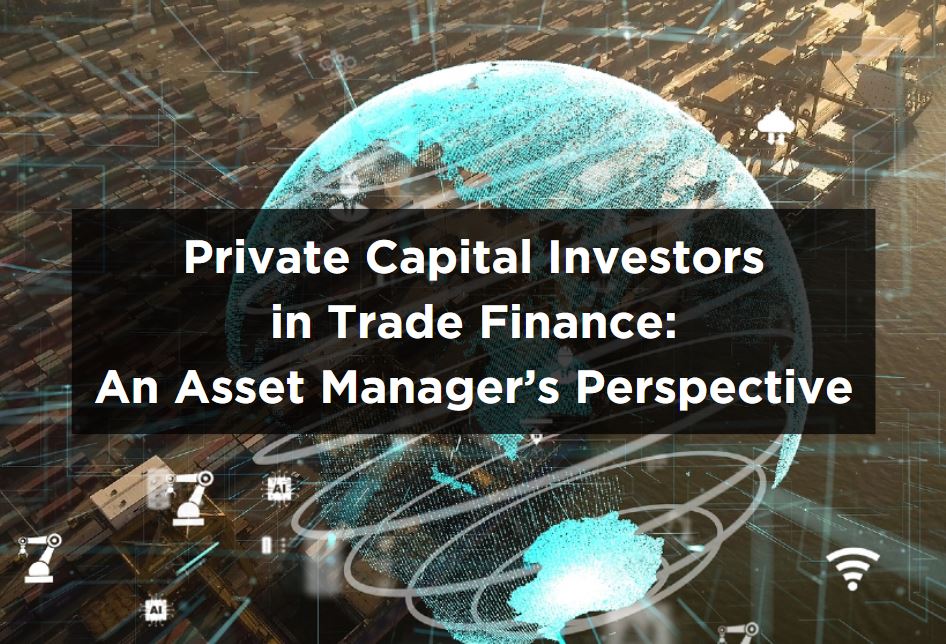By Sri Vasireddy, CTO
Over the past several years, the digitalization of finance has been accelerating at a near-geometric rate, affecting every sector, industry, and participant. One shining example is the trade finance space, where the digitization of historically archaic, risk-laden processes is creating the opportunity for greater speed, security, and efficiency.
Companies across the trade finance landscape know they should be leveraging technology to improve onboarding and verification procedures, reduce the risk of fraud, and deliver the seamless experience their customers deserve, among other things. But most don’t have a clear path to get there.
At Triterras, we have a distinct view of the way forward. As a leader in digital trade finance and trade digitalization, we believe that digital transformation at the organizational level should unfold in three distinct stages:
- Phase 1: Infrastructure transformation
- Phase 2: Application transformation
- Phase 3: Analytics transformation
This article provides an overview of the three phases, while subsequent installments of this series will go deeper on each phase.
Three phases of digital transformation in trade finance

Embracing the digital future of finance
Companies that want to emerge as leaders in the digitalization of trade finance need a roadmap that allows them to build the right foundation, imagine the future, and continuously innovate to stay ahead of changes, while also adding automation at every level and process. Our three-phased approach is designed to help organizations accomplish these goals.
In Phase 1, businesses must transform their infrastructure by automating the deployment of changes to the application platform. This is easier for modern cloud-native application platforms than for legacy financial firms, it is important for all organizations to modernize their infrastructure to support agility and rapid innovation.
One crucial strategy is to create a culture of DevSecOps, in which software development and operations occur simultaneously and security is incorporated at every phase.
In Phase 2, companies can start to transform their enterprise applications by automating the business workflows and services. Digital finance leaders must strive to be able to respond to customers on a near-constant basis and embrace microservice-based architecture.
In this phase, companies should look for ways to incorporate low-code and no-code methodology to speed up the process of making changes to their apps, and even enable non-technical business partners to build as much of the UI/UX and workflow logic as possible without need to know coding. This will minimize loss of business context, reduce rework, improve customer responsiveness and reduce time to market.
While Phase 3 remains somewhat aspirational, we envision the day when financial companies use artificial intelligence (AI) and machine learning (ML) to augment human intelligence in activities such as credit risk analysis. The ultimate goal is to automate and systematize trade financing process by leveraging data for real-time risk analysis to improve the efficiency and effectiveness of credit decisions. The timing is uncertain, but we believe this is where the industry is headed.
Driving the conversation around digitalization
At Triterras, we are always looking ahead to what’s next for our industry. As such, we are pioneering the digitization of manual processes and outdated technology to enhance convenience, speed, and risk mitigation in the trade finance space. Further, we continue to accelerate global availability of KRATOSTM, our digital trade and trade finance platform, to lenders and capital providers worldwide.
The subsequent articles in this series will describe in more detail the three phases of digital transformation that we’ve identified here. Follow along to learn more about our vision and roadmap for the trade finance sector and the finance industry at large.
Sri Vasireddy is the Chief Technology Officer at Triterras.







